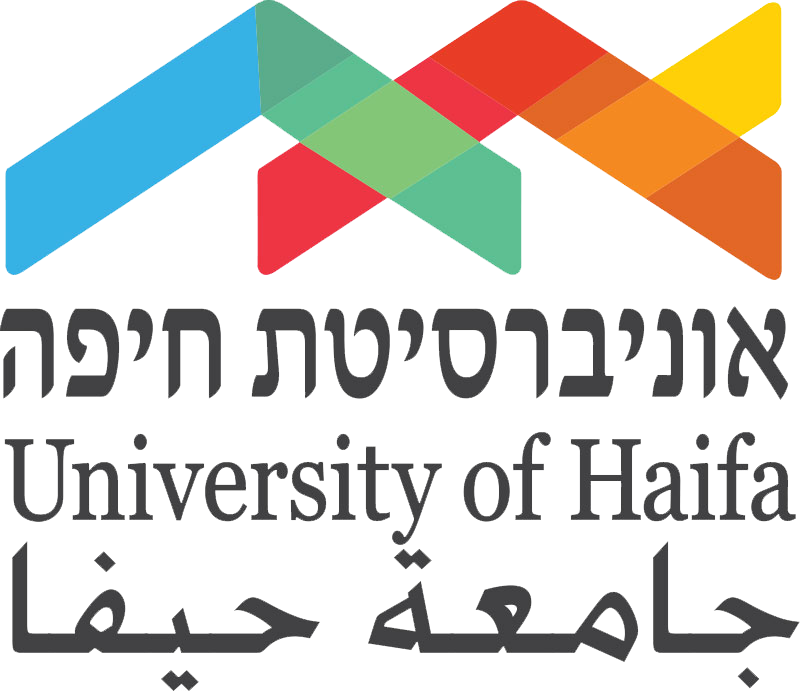The profession that emerges from studying Peace and Conflict management is in increasing demand in the contemporary world, where collaboration among diverse actors is essential. Conflict Engagement Specialists are needed in order to mediate interpersonal disputes; to build consensus among diverse voices; to integrate and facilitate dialogue in situations that require joint effort of multiple actors from government, professional organizations and civil society to deal with complex social problems; to help build shared societies among diverse social and cultural groups; to assist in complex international negotiations; and in many more organizational, communal and governmental settings.
Proficiency and expertise are required to address differences and allow for dialogue and collaboration to replace adversarial tendencies, mindsets and approaches among diverse stakeholders. Societies are increasingly contending with fragmentation and polarization, which can be costly in terms of their social cohesion and can lead to low social resilience. Professionals with expertise in negotiation, consensus building, dialogue, public-participation processes and facilitative leadership are required to meet the growing demands resulting from these challenges. Graduates in Peace and Conflict Management can become the professionals needed to meet these growing demands.














